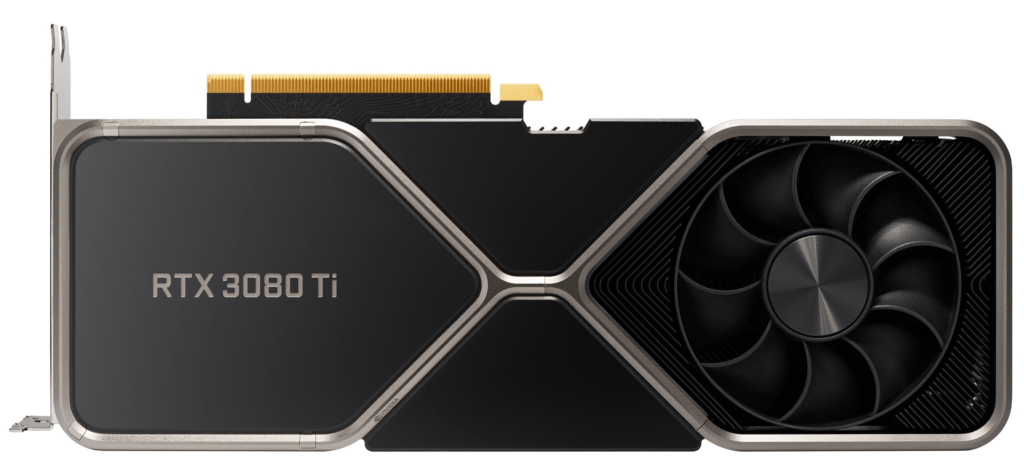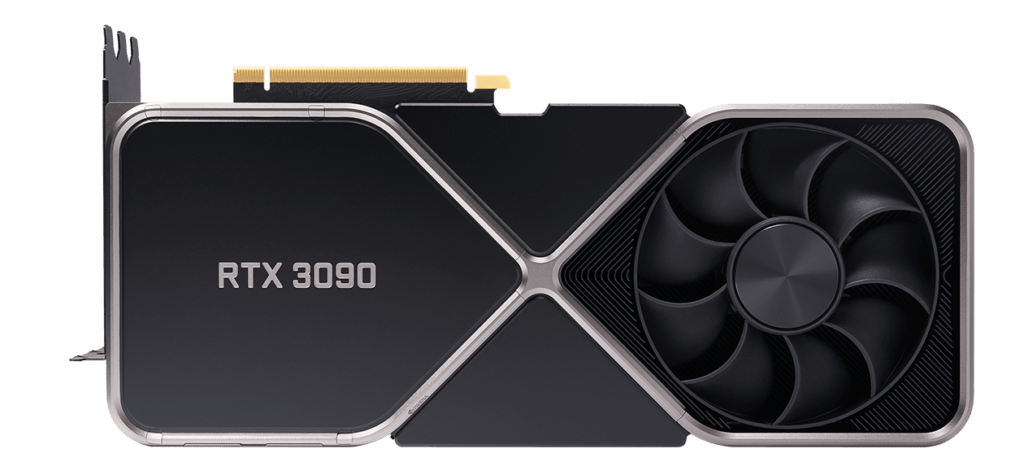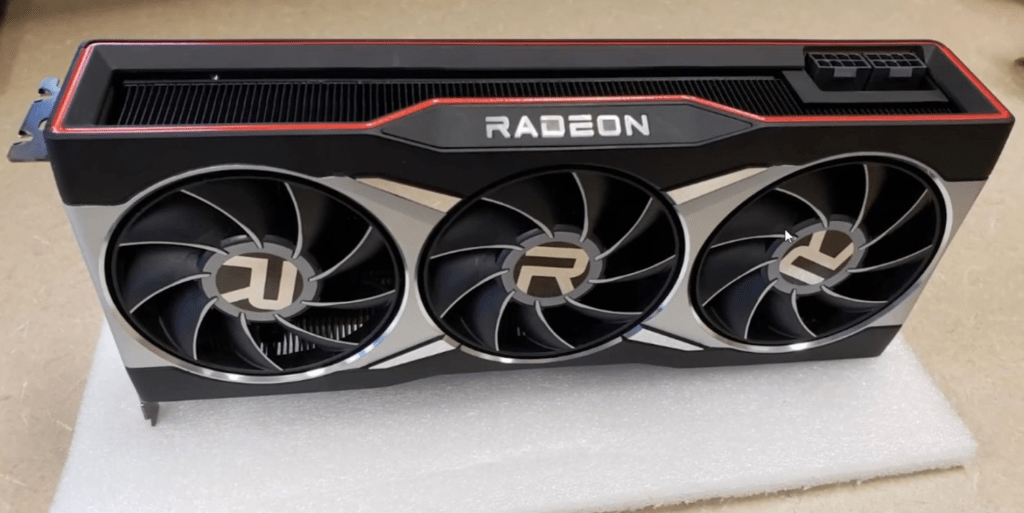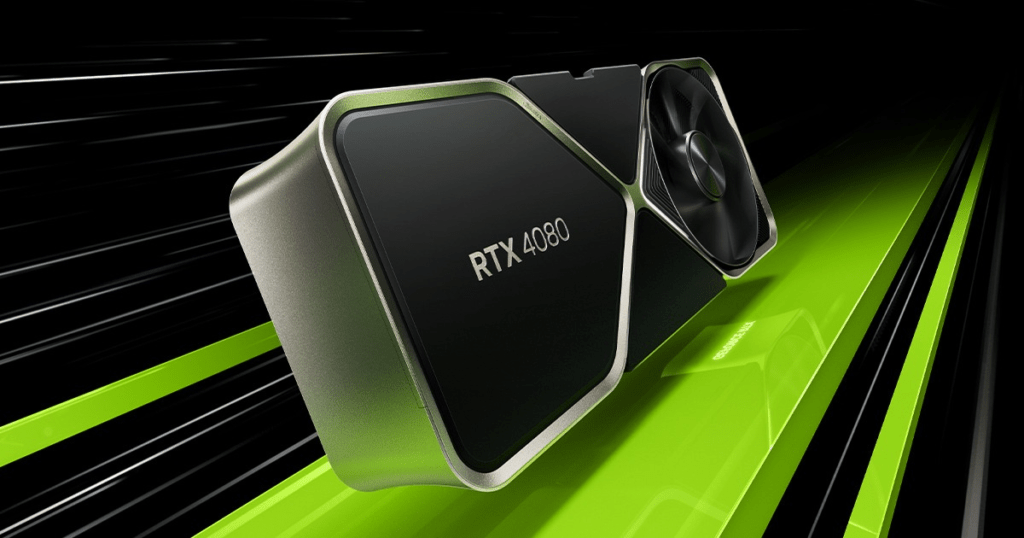Cryptocurrency mining has become an increasingly popular activity in recent years, attracting individuals and businesses seeking potential profits. However, to succeed in this field, choosing the right hardware is crucial, especially the GPU (Graphics Processing Unit), which plays a central role in the mining process.
This article aims to guide you in choosing the best GPU for cryptocurrency mining in 2024 , taking into account key factors such as hashing power, power consumption, price and profitability.
Choosing the best GPUs for cryptocurrency mining in 2024
Here are some of the best GPU choices for cryptocurrency mining in 2024:
- NVIDIA GeForce RTX 3080 Ti:

Hashrate: Up to 120 MH/s for Ethereum.
Power consumption: Approximately 300 W.
Price: Approximately €1100.
Advantages: High performance, good energy efficiency.
Disadvantages: High price.
- NVIDIA GeForce RTX 3090

Offers the best mining performance among NVIDIA cards.
Hashrate: up to 135 MH/s for Ethereum.
Power consumption: approximately 350 W.
Price: approximately €1500.
Advantages: Highest hashrate, suitable for demanding miners.
Disadvantages: Very high price, high power consumption.
- AMD Radeon RX 6900 XT

A powerful alternative to NVIDIA options.
Hashrate: up to 50 MH/s for Ethereum.
Power consumption: approximately 300 W.
Price: approximately €1000.
Advantages: Good value for money, relatively low power consumption.
Disadvantages: Lower hashrate than high-end NVIDIA cards for Ethereum.
- NVIDIA GeForce RTX 4080

Promises even better mining performance than the 30 series.
Hashrate and power consumption information not yet available.
Price: To be determined.
Advantages: High mining performance potential.
Disadvantages: Price and availability unknown.
- AMD Radeon RX 6800 XT

An economical choice for mining.
Hashrate: up to 45 MH/s for Ethereum.
Power consumption: approximately 250 W.
Price: approximately €800.
Advantages: Affordable price, good energy efficiency.
Disadvantages: Lower hashrate than other options.
Factors to consider when choosing a GPU for cryptocurrency mining
It is essential to understand the key factors that influence the choice of a GPU for cryptocurrency mining:
1. Hash rate
- Measured in megahashes per second (MH/s) or gigahashes per second (GH/s), it represents the GPU's computing power to solve complex cryptocurrency algorithms.
- The higher the hashrate, the more likely the GPU is to generate significant profits.
- It is important to choose a GPU with a high hashrate for the cryptocurrency algorithm you wish to mine.
2. Energy Consumption
- Cryptocurrency mining can be energy-intensive, so choosing an energy-efficient GPU is crucial to maximize profitability.
- Energy consumption is usually measured in watts (W).
- A GPU with high power consumption can significantly increase your electricity costs, thus reducing your potential profits.
3. Profitability
- The profitability of cryptocurrency mining depends on various factors, such as the price of the cryptocurrency, the difficulty of mining, the cost of electricity, and the efficiency of the GPU.
- It is important to use online profitability tools to estimate potential profits before making an investment.
- Factors such as market fluctuations and changes in mining difficulty can affect profitability.
4. Mining Algorithms
- Different cryptocurrencies use different mining algorithms. It is important to choose a GPU compatible with the algorithm of the cryptocurrency you wish to mine.
- Some algorithms are better suited to NVIDIA GPUs, while others favor AMD cards.
Technical details of graphics cards for cryptocurrency mining
1. Graphics Processing Unit (GPU) Architecture
- Modern GPUs use two main architectures: NVIDIA Ampere and AMD RDNA 2.
- Ampere architecture is generally considered more efficient for cryptocurrency mining, but RDNA 2 cards may offer better value for money.
2. GPU Memory
- The amount and type of GPU memory can affect mining performance.
- 8GB of GDDR6 is generally the minimum recommended amount for cryptocurrency mining.
- GDDR6X memory offers higher speeds and can improve mining performance.
3. Cooling
- A good cooling system is crucial for cryptocurrency mining because GPUs can generate a lot of heat.
- Cards with larger fans and more efficient heat sinks can keep temperatures low and extend the lifespan of the GPU.
How to buy Bitcoin?

If you are interested in mining cryptocurrencies to buy Bitcoin, you can do so on platforms like Kraken. Kraken is one of the largest and most trusted cryptocurrency exchanges in the world, with millions of users in over 190 countries.
Buying Bitcoin on Kraken is a quick and easy process. You can create an account in minutes and start buying Bitcoin with your credit card, debit card, or bank transfer.
Kraken also offers a wide range of other cryptocurrency services, such as trading, staking, and lending.
Conclusion
Choosing the best GPU for cryptocurrency mining in 2024 depends on your specific needs and budget. It's important to consider factors such as hash rate, power consumption, price, profitability, and compatibility with the mining algorithm of your desired cryptocurrency.
Remember that cryptocurrency mining is a risky and volatile process. It's important to do your research before investing and only mine cryptocurrencies you understand and believe have potential.




